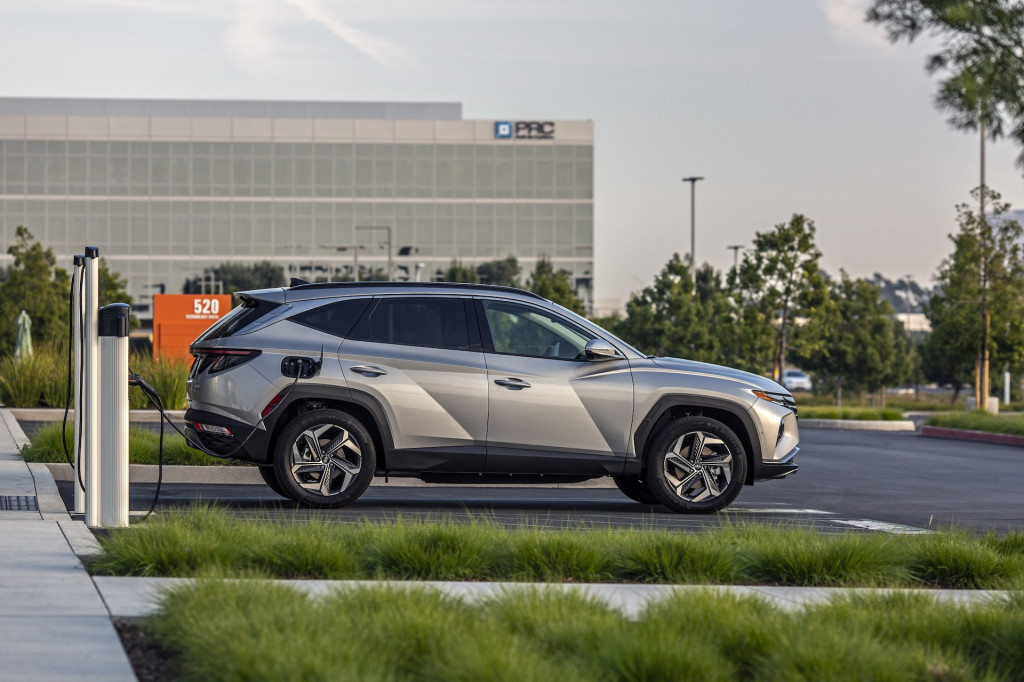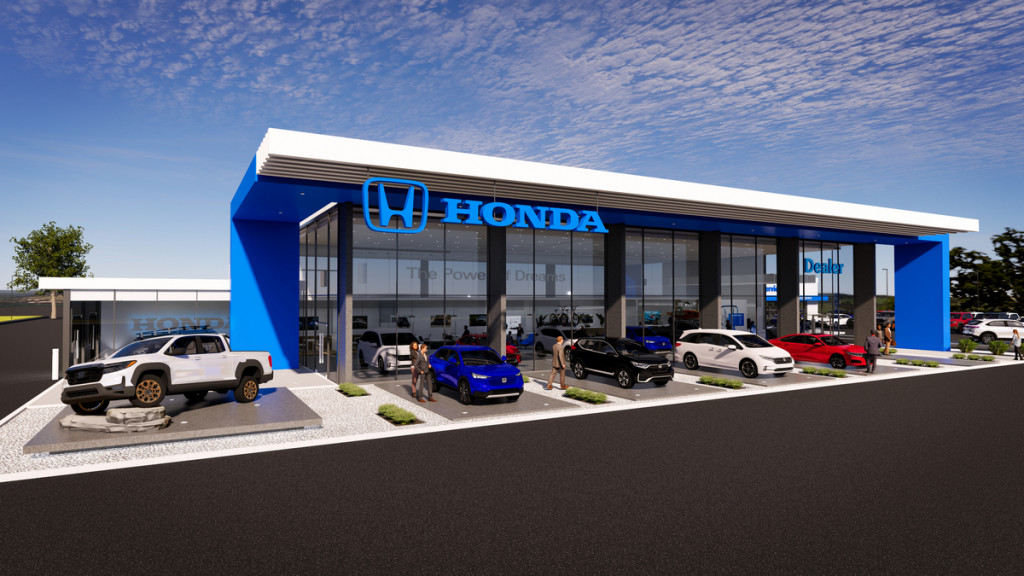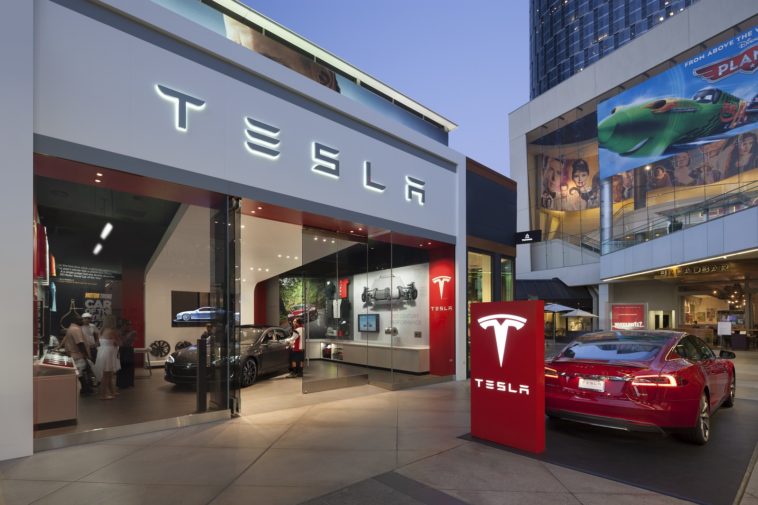All of the tales about smart varieties who waited in line or jumped by way of hoops to pay large worth premiums on a brand new electrical car?
Name them outliers for now, as a brand new examine verifies that EV consumers much less prone to tackle outsized ranges of debt than these buying conventional gasoline-powered automobiles.
The examine, from the credit score large TransUnion, with S&P International Mobility, and mixing the previous’s credit score knowledge with the latter’s car registration and forecasting, couldn’t be extra complete in dimension and scope. The mammoth-scale knowledge crunch checked out roughly 33 million U.S. customers who purchased new automobiles from 2019 to 2021.
All in, EV consumers had such higher credit score that they jumped the divisions between mainstream and luxurious sectors. What TransUnion thought of to be EV mainstream consumers had a better common rating than internal-combustion-engine (ICE) luxurious consumers—775 versus 769, respectively.
EV vs. ICE credit score profile – TransUnion
A large distinction in credit score scores interprets to an enormous distinction within the phrases of the mortgage and, in the end, what the shopper can afford. In response to TransUnion, a credit score rating of 735—the typical for an ICE mainstream purchaser—corresponded with a mean APR of 4.3%, whereas the 775 common for an EV mainstream purchaser meant 2.8%. That related to a mean mortgage to worth price—the proportion of the full mortgage quantity versus the car worth—of 102.2% for the ICE mainstream purchaser versus 88.8% for EV consumers.
Sure, which means EV consumers are additionally making greater down funds.
And the lower-risk credit score profile appeared to transcend the elements that historically go into credit score scores. Even evaluating EV and ICE consumers with the identical credit score rating, the EV consumers had decrease “critical delinquency charges.”

2023 Hyundai Tucson Plug-In Hybrid
TransUnion hasn’t supplied a breakdown on the way it divided the mainstream and luxurious markets. Nevertheless it was clear that it filtered out consumers of plug-in hybrids and was constructed on the expectation that the marketplace for absolutely electrical automobiles will develop from about 5% at the moment to about 40% by 2031.
“Whereas Tesla dominates the market at the moment, it’s predicted to fall beneath 20% of market share by 2025 as new makes enter the EV house,” the examine stated.
Working round a worth rift that most likely received’t final
Immediately, there’s a huge worth rift between ICE automobiles and EVs that offers EVs a backside line nearer to luxurious fashions—maybe as a result of lots of them are luxurious fashions. In response to Kelley Blue E-book, the typical new automotive in America now prices greater than $48,000, whereas the typical value of an EV is round $67,000. With electrical automobiles and ICE fashions anticipated to succeed in a worth parity by mid-decade, it’s an anomaly that doubtless received’t final.
The conclusions about credit score threat and demographics confirms anecdotal feedback that plenty of executives have made in regards to the consumers of their mass-market electrical car fashions. Hyundai executives have, as an illustration, famous that the Ioniq 5 electrical SUV is drawing early consumers who might have afforded a way more costly luxurious car.

2022 Hyundai Ioniq 5
As a complement to the large-scale knowledge itself, the companies did a survey of about 1,500 U.S. car house owners relating to which EV consumers have been most eager about, plus purchasing and finance preferences.
The survey discovered {that a} larger price of EV buyers do analysis on automobiles and financing on-line—with double the speed (32% versus 16%) finishing financing on-line.
Meaning EV house owners are way more prone to perceive—and wish to perceive—what they will afford forward of hands-on purchasing.
Is low-risk conduct at all times a constructive to dealerships?
That stated, it stays debatable as to which entities like dealerships, captive credit score corporations, or separate lenders see this as a constructive—and, to the purpose, whether or not these with pristine credit score are the most certainly to both generate essentially the most revenue for the dealership or to be repeat consumers. Sellers usually run on a selected share markup versus the majority price negotiated for consumers in sure threat swimming pools, pre-negotiated with the lenders.
In the meantime, these with higher credit score scores usually tend to cross-shop, and to be extra conscious that there’s a markup, whereas these with decrease credit score may also maybe be extra prone to impulse-buy—and go for car look choices or equipment that the super-sensible, top-credit varieties may not.

Honda future dealership design for promoting EVs – 2022
The TransUnion conclusions even lay out alternatives for dealerships that some makes are at the moment leaving on the desk: “Greater than half of EV house owners/considerers wish to finance their subsequent EV residence charging station,” it says.
For years, dealerships have been hesitating about placing the extra time and sources into promoting and supporting EVs, however to us, this examine underscores but one more reason why they may very well be focusing extra consideration on them.


